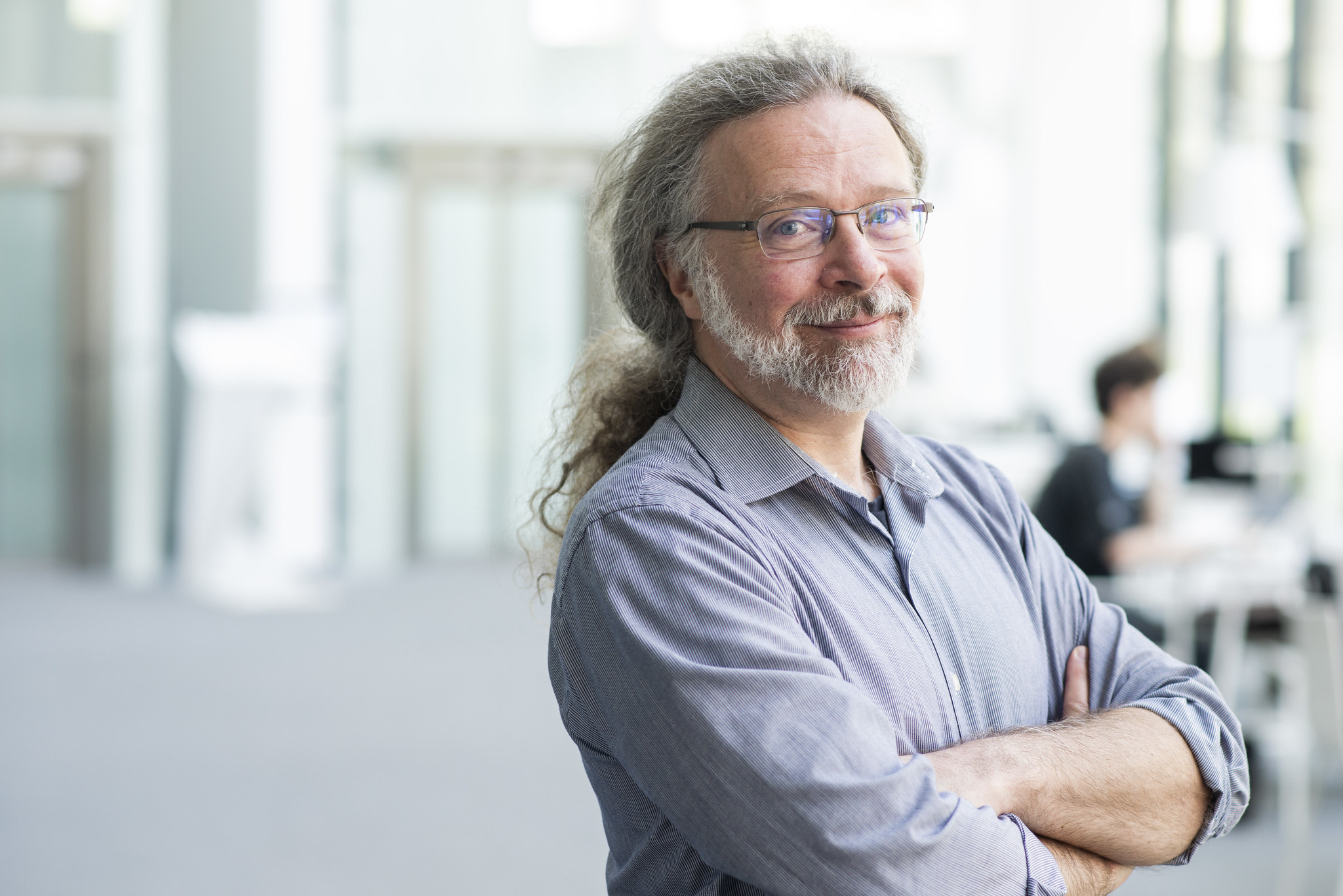Dr Horia Stanescu’s Visit to Vilnius University Unveils: Genetic Legacy - Not Just a Fossil, but an Integral Part of Our Being
 Dr Horia Stanescu
Dr Horia Stanescu
On May 3rd of this year, at the initiative of the Faculty of Medicine of Vilnius University, Dr Horia Stanescu, a researcher in genetics and genomics from University College London, visited and delivered a lecture at the Scholarly Communication and Information Centre.
During the lecture, the scientist presented an exceptionally interesting topic – “What ancient DNA can tell us about modern diseases?” Dr Stanescu, with over twenty years of experience in biomedical research, shared captivating insights, connecting the history of ancient humanity with contemporary medical science.
Dr Stanescu, a distinguished physician and scientist, believed that history does not merely consist of past events. According to him, ancient DNA not only stimulates our curiosity but is also a vital link that helps us understand the depths of our identity. Dr Stanescu asserted that this genetic heritage is not just a relic of academic fascination but also an essential key, a living part of us, aiding in unravelling the mystery of humanity’s biological and cultural evolution.
Dr Stanescu began his lecture by discussing the fascinating discovery of Neanderthal remains in various caves across Europe. He detailed the historic migration of Homo sapiens out of Africa, their encounter with Neanderthals in Europe, and the subsequent genetic mingling that occurred. This blend, he explained, has left modern non-African populations with up to 2% of Neanderthal DNA.
Focusing on the implications of this genetic introgression, Dr Stanescu highlighted how Neanderthal DNA not only contributes to our adaptive traits but also predisposes us to, or protects against, certain autoimmune diseases. One such condition, membranous nephropathy, was the subject of his recent publication, “A Neanderthal haplotype introgressed into the human genome confers protection against membranous nephropathy.”
Throughout the lecture, Dr Stanescu elucidated complex genetic concepts such as introgression, phylogenetic trees, adaptation, and positive selection, making them accessible and engaging. His ability to weave detailed scientific knowledge with broad historical narratives provided a deep understanding of how ancient DNA influences our current health landscape.
The event not only enriched the attendees’ knowledge but also set the stage for future collaborative research between Dr Stanescu and Vilnius University. Dr Stanescu expressed enthusiasm about continuing to explore the potential of ancient genetics to answer modern medical questions, emphasizing the importance of building on the foundational research discussed during the lecture.